Hay On Wye, The Bridge c.1965
Photo ref:
H392106


More about this scene
Y Gelli Bridge, built of concrete, is a very modern introduction into the Welsh landscape. Nearby Hay has become renowned over recent decades as a 'book town' where every other shop seems to sell second-hand books. This began in 1961 when Richard Booth opened his first second-hand bookshop. The town's annual Hay Festival is now internationally famous with the literati.
Add to Album
You must be signed in to save to an album
Sign inShare This Photo
Buy a Print
Unframed, Mounted, Framed and Canvas prints in a range of sizes and styles.
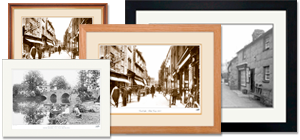
View Sizes & Prices
A Selection of Memories from Hay-on-Wye
For many years now, we've been inviting visitors to our website to add their own memories to share their experiences of life as it was, prompted by the photographs in our archive. Here are some from Hay-on-Wye
Sparked a Memory for you?
If this has sparked a memory, why not share it here?

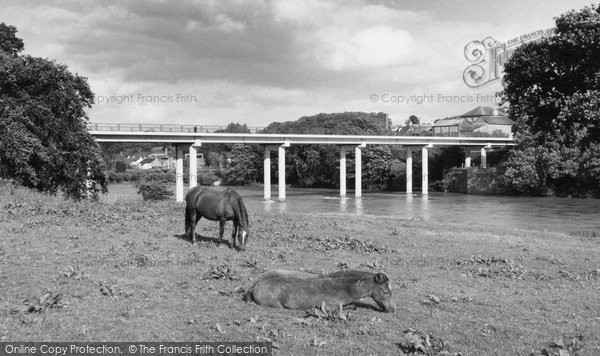
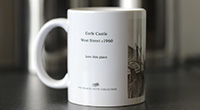
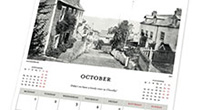
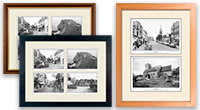
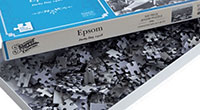
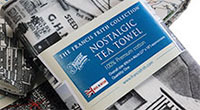
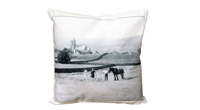
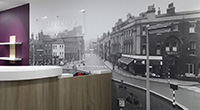

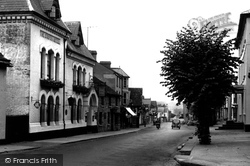
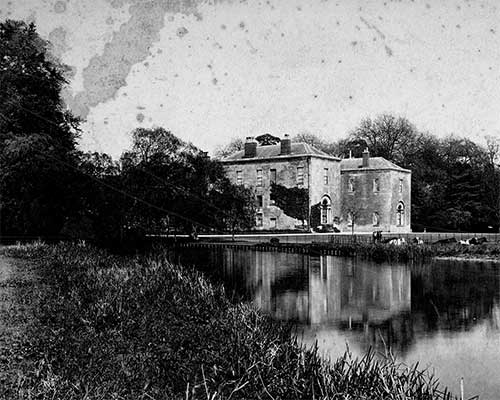 Before
Before
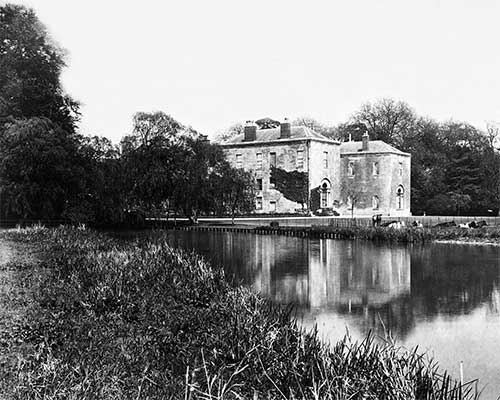 After
After